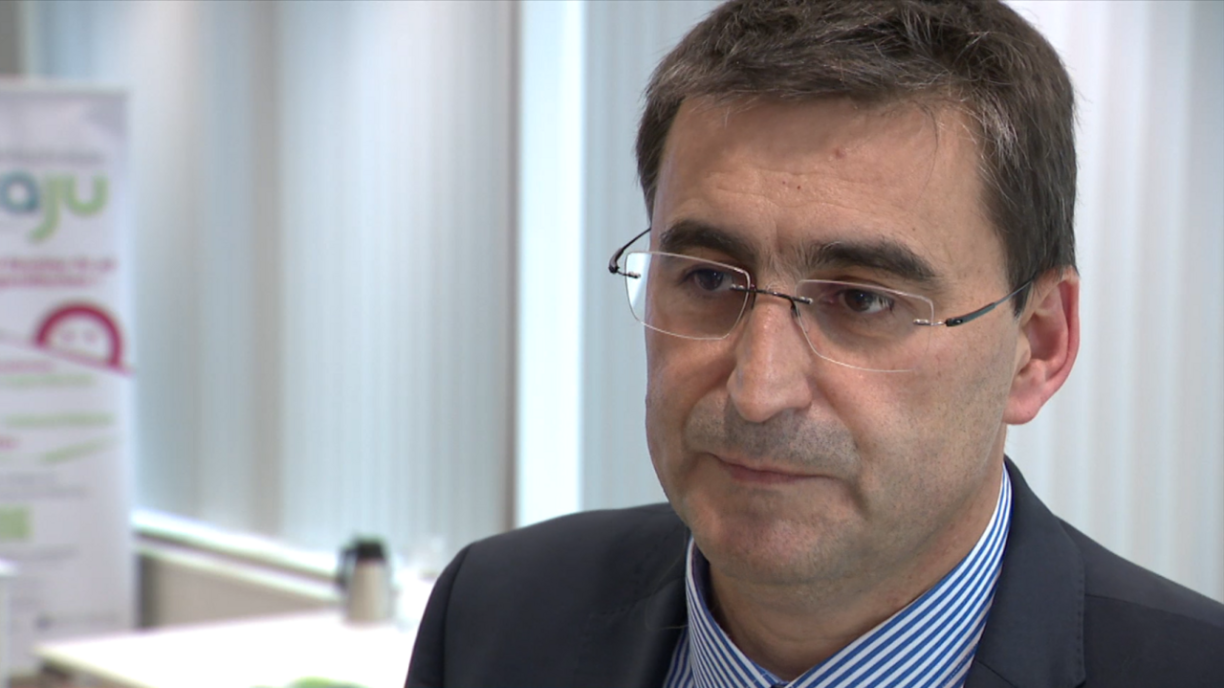
Schmit’s conversation with RTL happened in the context of a family of six from Algeria that faces being left without shelter at the end of September after their asylum applications were rejected. The Ombudsman for Children and Youth (Okaju) managed to secure an extra month for the family to remain in Luxembourg, but its powers are limited.
This means the children will likely begin the new school year here, only to be forced to leave shortly afterwards.
Schmit made clear that he cannot comment on individual cases but explained that his office frequently sees families in similar circumstances. His role, he said, is to ensure that children’s rights are respected regardless of their parents’ status. When families are still in the asylum process, the Okaju office’s focus is on providing stability so that children can continue to live in their usual environment until all legal procedures are completed, he said.
Schmit noted that some families risk finding themselves on the streets or moved into temporary winter shelters, and called for better coordination between the relevant state administrations. In rare situations, the Okaju office can recommend that a case be re-examined, but Schmit underlined that his office does not act as a court.
Schmit explained that the Okaju office is always upfront with families: it avoids creating false expectations and instead encourages them to cooperate with the immigration directorate, the National Reception Office (ONA), and the Maison de Retour, which supports voluntary return.
While such advice can be hard for families to accept, he believes this is often the most constructive solution for the future of the children.
He added that some families, once all appeals are exhausted, choose to go underground. While their children still retain the right to attend school, this choice can bring serious problems later.
For example, when these young people turn 18, they often struggle to secure student grants or even to enrol at university, he explained. Schmit added that children must always be allowed into schools and also have access to school canteens, no matter what the legal situation of their parents may be.
Once families are officially expelled, they lose all entitlement to social benefits and must rely on charities such as Médecins du Monde. However, Schmit stressed that under the Convention on the Rights of the Child, minors must continue to receive medical treatment, independent of their parents’ status, though a declaration procedure must be followed.
Schmit pointed out that around 2,000 children and young people currently live in ONA facilities, representing about a quarter of the 8,200 available places. He acknowledged the enormous challenge this poses, especially since many recognised refugees cannot find housing of their own.
Nonetheless, he criticised the poor quality of some accommodation. He highlighted the centre in Mersch as one of the worst examples, describing it as an “utterly unworthy” place for families, where some live in rooms without daylight.
He argued that such conditions should never be accepted, and added that the ONA even issues its own approvals, including on matters of safety, which he sees as a serious problem.
In closing, Schmit stressed that families going through the asylum process must not be pushed into unnecessary precarity. In his view, no family with children should ever be left on the street, and authorities must instead work with them to find a path forward.
Refugiéesfamill muss zeréck: “Mir wëlle just en normaalt Liewen”